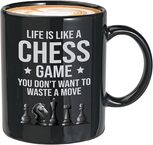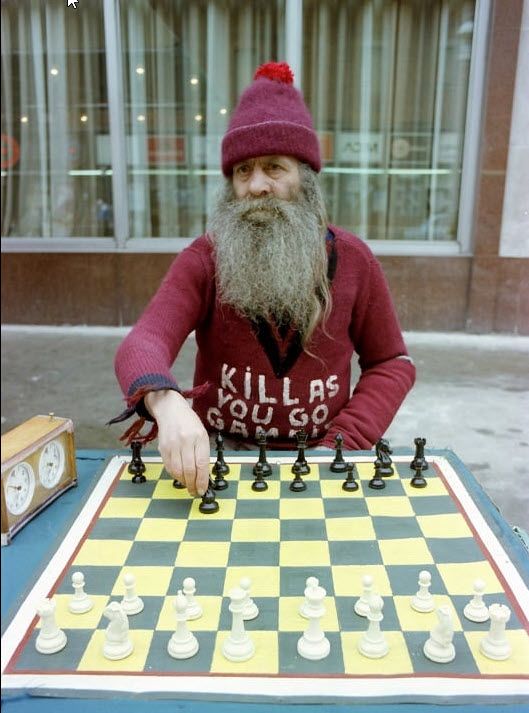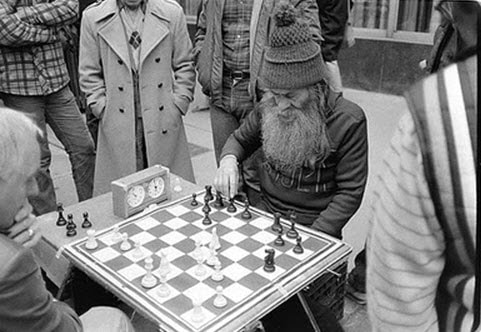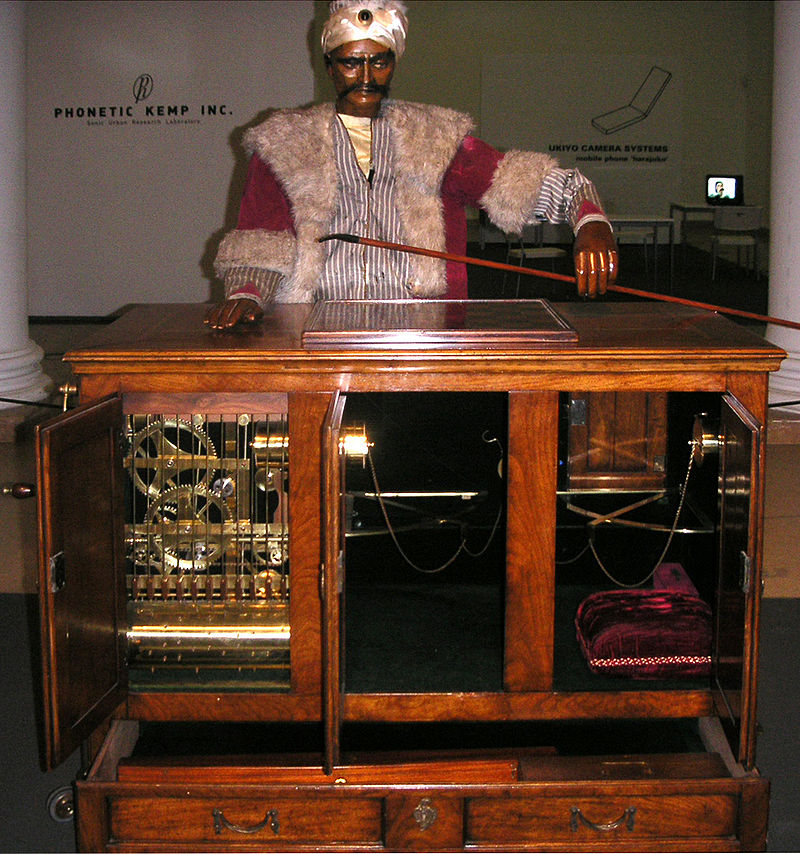
Chess, often referred to as the "game of kings," has captivated minds for centuries. Its strategic depth, intricate patterns, and timeless appeal have made it not just a game but a reflection of life itself. Beyond its mere entertainment value, chess holds a profound meaning that transcends the 64 squares and the movements of its pieces.
A Metaphor for Life
At its core, chess is a metaphor for life's complexities. Each move presents a new challenge, requiring careful thought and foresight. Just as in life, decisions made on the chessboard have consequences, shaping the course of the game. Every move reflects a player's personality, their strengths, weaknesses, and their approach to adversity.
Strategic Thinking
Chess teaches the invaluable skill of strategic thinking. Players must anticipate their opponent's moves, adapt to changing circumstances, and formulate long-term plans to achieve victory. This aspect of the game mirrors the challenges we face in real life, where foresight and planning are essential for success.
Patience and Perseverance
Chess is a game of patience and perseverance. It rewards those who can endure setbacks and maintain focus even in the face of adversity. Through hours of study and practice, players learn the importance of perseverance and the value of patience, virtues that extend far beyond the chessboard.
Creativity and Innovation
While chess has strict rules and predetermined moves, it also allows for creativity and innovation. Players are encouraged to think outside the box, to find unconventional solutions to complex problems. This aspect of the game mirrors the creative process in art, science, and entrepreneurship, where thinking differently often leads to breakthroughs.
A Universal Language
Chess is a universal language that transcends cultural and linguistic barriers. Regardless of background or nationality, players can connect through the shared experience of the game. In a world divided by differences, chess serves as a unifying force, bringing people together and fostering mutual understanding.
The Quest for Mastery
Chess is an endless pursuit of mastery. No matter how skilled a player becomes, there is always room for improvement. The quest to unravel the game's mysteries, to reach new heights of understanding, fuels a lifelong journey of learning and growth.In conclusion, the meaning of chess goes beyond mere moves on a board. It is a reflection of life's complexities, teaching us valuable lessons about strategy, perseverance, creativity, and the pursuit of excellence. Whether played casually among friends or competitively in tournaments, chess offers insights into the human condition and serves as a timeless reminder of the beauty and depth of the game.
A Metaphor for Life
At its core, chess is a metaphor for life's complexities. Each move presents a new challenge, requiring careful thought and foresight. Just as in life, decisions made on the chessboard have consequences, shaping the course of the game. Every move reflects a player's personality, their strengths, weaknesses, and their approach to adversity.
Strategic Thinking
Chess teaches the invaluable skill of strategic thinking. Players must anticipate their opponent's moves, adapt to changing circumstances, and formulate long-term plans to achieve victory. This aspect of the game mirrors the challenges we face in real life, where foresight and planning are essential for success.
Patience and Perseverance
Chess is a game of patience and perseverance. It rewards those who can endure setbacks and maintain focus even in the face of adversity. Through hours of study and practice, players learn the importance of perseverance and the value of patience, virtues that extend far beyond the chessboard.
Creativity and Innovation
While chess has strict rules and predetermined moves, it also allows for creativity and innovation. Players are encouraged to think outside the box, to find unconventional solutions to complex problems. This aspect of the game mirrors the creative process in art, science, and entrepreneurship, where thinking differently often leads to breakthroughs.
A Universal Language
Chess is a universal language that transcends cultural and linguistic barriers. Regardless of background or nationality, players can connect through the shared experience of the game. In a world divided by differences, chess serves as a unifying force, bringing people together and fostering mutual understanding.
The Quest for Mastery
Chess is an endless pursuit of mastery. No matter how skilled a player becomes, there is always room for improvement. The quest to unravel the game's mysteries, to reach new heights of understanding, fuels a lifelong journey of learning and growth.In conclusion, the meaning of chess goes beyond mere moves on a board. It is a reflection of life's complexities, teaching us valuable lessons about strategy, perseverance, creativity, and the pursuit of excellence. Whether played casually among friends or competitively in tournaments, chess offers insights into the human condition and serves as a timeless reminder of the beauty and depth of the game.



 RSS Feed
RSS Feed